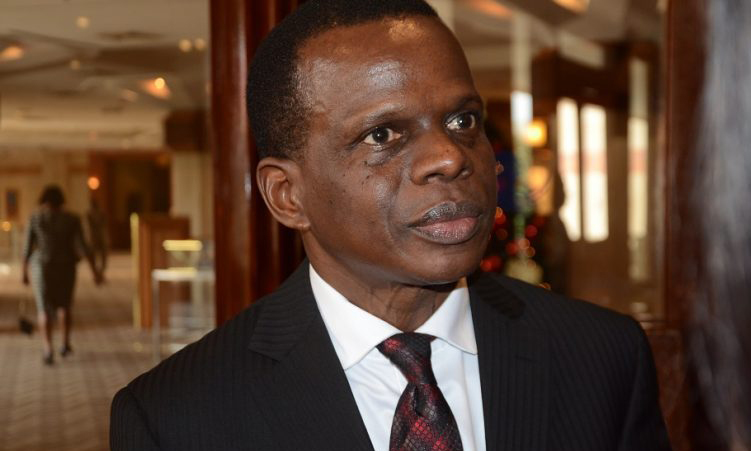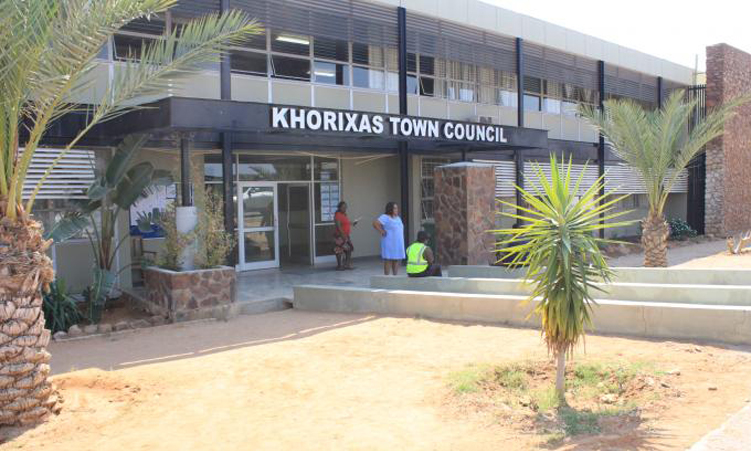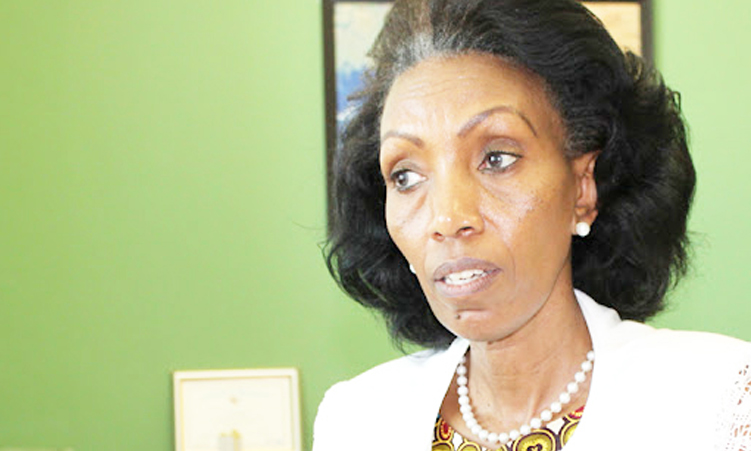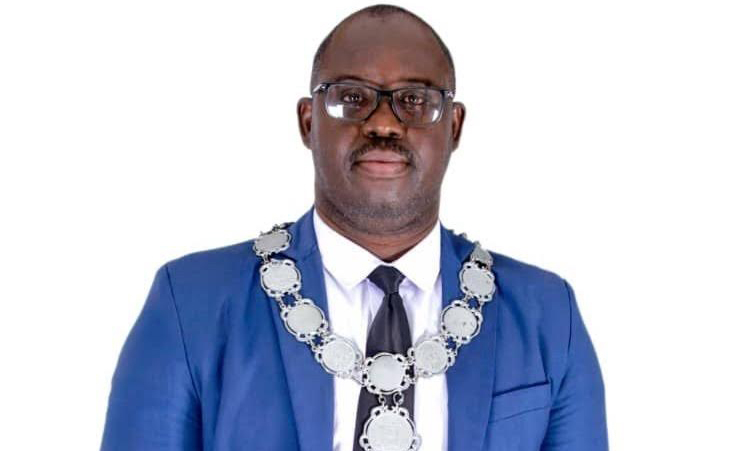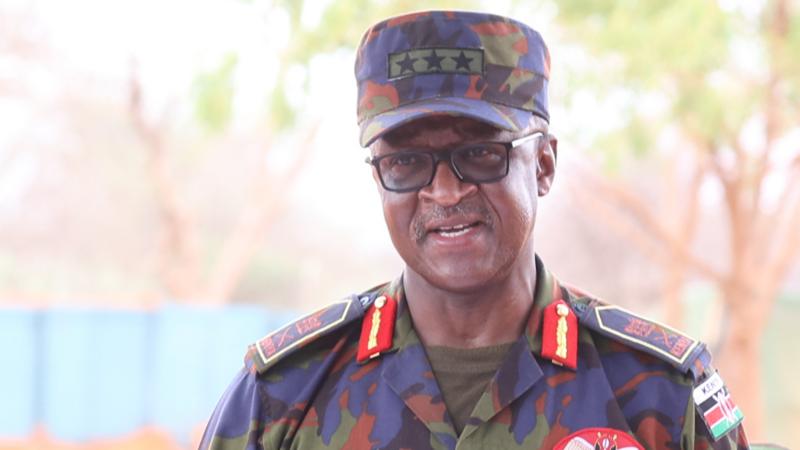The United Nations Economic Commission for Africa (ECA) has called for an inclusive international tax system and an overhaul of the global financial system as part of a global deal to secure the Sustainable Development Goals.
This will also enable African countries to focus their resources on sustainable and inclusive development.
Speaking at a meeting of the second Specialised Technical Committee on Finance, Monetary Affairs, Economic Planning and Integration of the African Union, whose sub-committee on tax and illicit financial flows is in session, acting executive secretary Antonio Pedro highlighted the challenges African countries face in generating domestic resources for economic, social, and environmental investment.
He said “the fiscal deficit in Africa is estimated at 5% of GDP in 2022 and expected to remain higher than pre-pandemic levels”.
Pedro stressed the need to raise additional resources as African countries face multi-faceted challenges, adding that a double-digit growth rate is needed to rescue the SDGs and accelerate the implementation of Agenda 2063. However, the question remains, where does this growth rate come from?
Noting that the international financial architecture remains grossly inadequate for low-income countries, especially in Africa, to respond to the imperatives of the sustainable development goals and transform Africa’s economies, he said multilateral financing “is increasingly becoming inadequate and unfavourable and that international private financing is equally challenging and costly owing to poor credit ratings stemming from structural issues and systematic bias”.
Reiterating the UN secretary general’s recent call for a global deal that enables developing countries to focus their resources on sustainable and inclusive development and avoid a breakdown of the global order, he called for “a complete overhaul of the global financial system, the creation of an operational debt relief and restructuring framework, strengthened domestic resource mobilisation and an inclusive international tax system”.
He also stressed the need for concerted efforts at national, regional and global levels and lauded the set of reforms currently being advocated by the African High-Level Working Group on the reform of the global financial architecture.
Pedro further underscored the importance of “an inclusive international tax system to ensure the taxing rights of African countries and the need to formulate an African position on the UN Tax Convention”.
This, he said, stems from a resolution adopted by the UN General Assembly in 2022 to begin discussions on the possibility of developing an international tax cooperation framework.
“With this backing, member states will be able to begin intergovernmental discussions on ambitious reforms to the global governance structure to curb global tax abuse by multinational corporations,” he said. – ECA
Stay informed with The Namibian – your source for credible journalism. Get in-depth reporting and opinions for
only N$85 a month. Invest in journalism, invest in democracy –
Subscribe Now!


